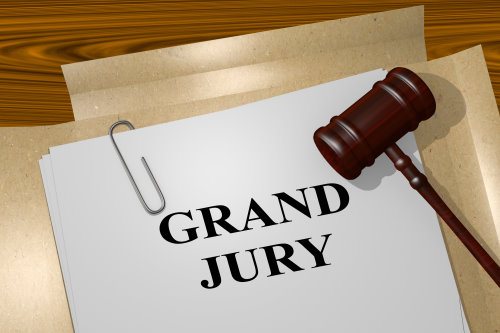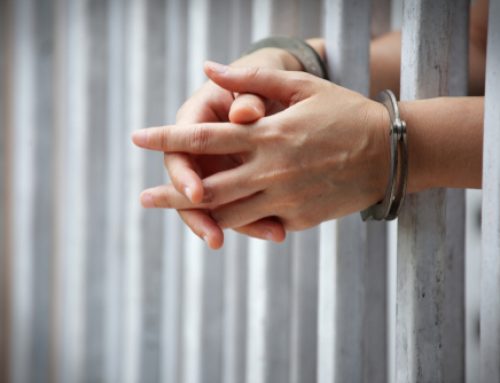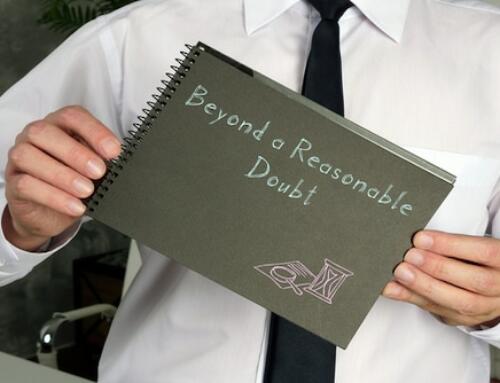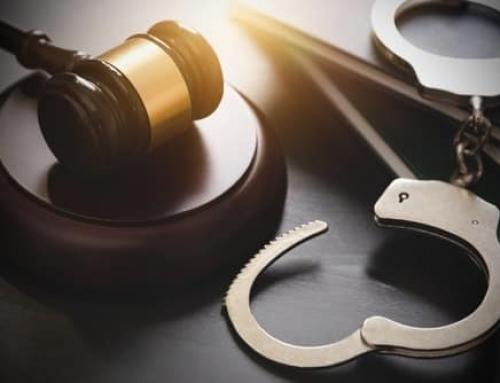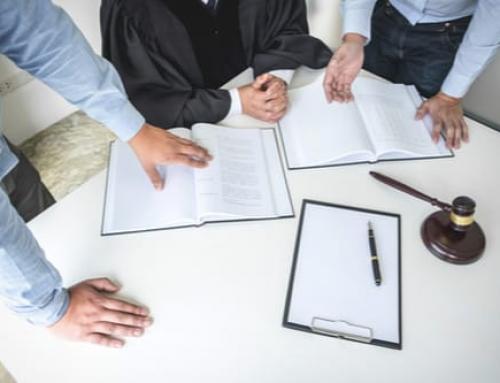If you are facing a criminal charge that carries the possibility of incarceration, you have the right to have your case heard by a jury of your peers. This is a fundamental right that is rooted in the U.S. Constitution as well as the Constitution of the Commonwealth of Pennsylvania.
But, just because you have the right to a jury trial, does this mean that you should use it? As with most questions regarding criminal cases, the answer is, “It depends.”
What are the Benefits of a Jury Trial?
The fundamental principle of a jury trial is that it affords the opportunity to have the outcome of your case determined by members of your community rather than a member of the judiciary. It also ensures that the decision to convict is based on the collective (and unanimous) decision of multiple people rather than a single individual.
In many cases, it will be in a defendant’s best interests to assert their right to a jury trial. This is because a jury trial affords benefits including:
1. The Ability to Participate in the Selection of the Jurors Who Will Decide Your Case
When your criminal lawyer request a jury trial, one of the first steps in the process involves selecting the individuals who will serve on the jury. This process, known as voir dire, allows for participation by both the defense and the prosecution. Both parties get a set number of “peremptory” strikes (meaning that they can strike certain jurors for any reason or no reason at all), and then both have the opportunity to strike additional jurors based on their answers to the questions asked during voir dire.
2. The Requirement for a Unanimous Verdict
In a jury trial, the jury must reach a unanimous verdict in order to find the defendant guilty. If even one juror holds out, then the judge may be forced to declare a mistrial. Conversely, if you do not request a jury trial, then the judge will be solely responsible for deciding whether the prosecution has met its burden of proving your guilt beyond a reasonable doubt.
3. The Opportunity to Play to Jurors’ Human Tendencies
While serving as a juror is a solemn duty and jurors are obliged to make decisions based on the law and the facts at hand, the reality is that all jurors are susceptible to their own human tendencies. While judges have these same tendencies, due to their roles, they are far less likely to let human factors influence their decision-making. As a result, if all or part of your defense strategy relies on seeking compassion, then requesting a jury trial might be your best option.
4. The Opportunity to File a Motion for Acquittal Prior to the Jury’s Deliberations
Once the prosecution closes its case, as the defendant, you have the ability to file a motion for acquittal. This motion is decided by the judge before your case is placed in the hands of the jury. If the judge determines that the prosecution’s evidence is insufficient, then he or she can close your case without the jury being asked to render a verdict. If the judge denies your motion, this will not have any impact on the jury, and you still get to have the jury render its decision.
5. The Availability of Additional Grounds for Filing an Appeal
Finally, from issues during voir dire to issues with the jury instructions, when you request a jury trial, you have a number of additional potential opportunities to appeal the outcome of your case if the jury renders an unfavorable verdict. However, there are also certain unique grounds for challenging a judge’s determinations, so there are some countervailing considerations here as well.
What are the Benefits of a Bench Trial?
If you do not exercise your right to a trial by jury, then the alternative is to have the facts of your case decided by a judge. This is referred to as a “bench trial.” In some circumstances, a bench trial will be preferrable to a trial by jury. Some examples of factors that may weigh in favor of waiving your right to a jury trial in Pennsylvania include:
1. The Legal Issues Involved in Your Case are Complex
If the legal issues involved in your case are particularly complex, then relying on a jury of laypeople to reach an informed conclusion could be risky. In this scenario, you may be better off entrusting the outcome of your case to a judge who has a clear understanding of the relevant law.
2. The Facts of Your Case are Unusually Complicated
Likewise, if the facts of your case are unusually complicated, then it could be advantageous to have the outcome of your case determined by a judge who is experienced in keeping the facts organized and who knows how to apply the law to the facts at hand.
3. The Facts of Your Case Present Risks for Preconceived Notions
While there is always a risk that some members of the jury will presume that you are guilty simply because you have been arrested, the risks of leaving the outcome of your case to members of the public can be greater in some cases than others. Allegations of domestic violence, sexual assault, child abuse, and gang involvement, for example, can all present a heightened risk for the jury being predisposed to a finding of guilt.
4. You Need to Rely on a Judge’s Impartiality
In some cases, it can be important to rely on a judge’s impartiality. In addition to the types of issues just mentioned, simply having tattoos or having the appearance of a drug abuser, for example, can make it more likely that jurors will reach an unfavorable decision.
5. A Bench Trial May Offer a Quicker and Less-Expensive Resolution
Finally, in many cases, a bench trial can provide a quicker resolution than a jury trial; and, generally speaking, cutting out voir dire and the other unique aspects of a jury trial can reduce the costs involved as well. While these generally should not be the predominant factors that guide your decision, they may be worth considering in appropriate circumstances.
Discuss Your Case with Philadelphia Criminal Defense Lawyer Brian Fishman
If you are facing criminal charges in Pennsylvania, it will be important for you to speak with a criminal defense attorney before you decide whether to request a jury trial. To schedule a free initial consultation with Philadelphia criminal defense lawyer Brian Fishman, call 267-758-2228 or request an appointment online now.

